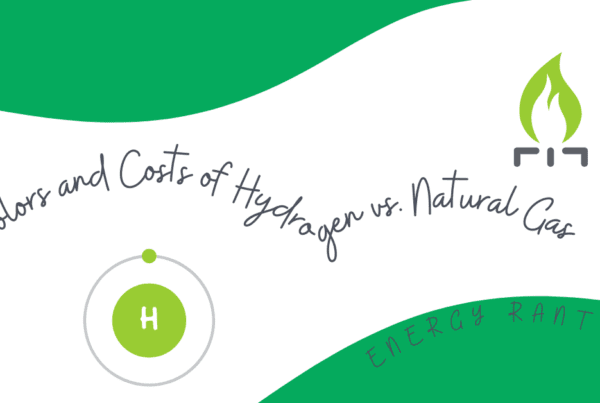Yay! I’m outside working on my computer for the first time this year. Alright, who cares?
Every week I plow through news-clipping services to see what is going on, to build my topic list, which is piling up faster than the weeks pass. This week I had to shelve 4-5 great topics to again take on the recently arisen climate bill.
Many huge utilities and other giant energy users and associations are lauding the Kerry-Lieberman-Graham bill. These institutions include the American Wind Association, Duke Energy, Dow Chemical, Florida Power and Light, T. Boone Pickens, National Resources Defense Council, Steelworkers Union, Shell Oil, and Westinghouse.
Support from some of these groups is obvious. What stinks to high heaven though is the for-profit giants who support this bill. Company motives are driven by profit. Per news accounts, I’ve read Dow has done a fantastic job at reducing energy consumption. My guess is they are stockpiling carbon credits, like AEP has been doing. Buy low and sell high. A climate bill will greatly increase the value of carbon credits. Rest assured, I would say these companies are positioning themselves to make a killing, not save the planet.
Florida Power and Light is a major wind power company. You may not realize it, but a huge portion of the wind energy generation in Iowa, Texas and all over the place is owned by FPL – probably by their unregulated arm. They aren’t building wind farms in Iowa and Texas at a loss so they are jockeying for more of the same.
Westinghouse is poised to tee off on the nuclear power business. I support nuclear power as it is the only realistic ultra-low carbon source of electricity. Did you know Westinghouse is 77% owned by Toshiba of Japan? I didn’t think so.
General Electric ditto both FPL and Westinghouse. T. Boone’s mind changes direction with the wind. I’m not sure whether he thinks or talks first. He was going to invest a bazillion dollars in wind power and then reneged for some reason. Perhaps it was because it costs more to produce than it costs from conventional plants and he realized there aren’t enough Volvo/Subaru/Prius driving boutique energy buyers. I.e., not enough demand. Or maybe he thinks cap and trade isn’t going to happen anytime soon.
I have no idea what the steelworkers are thinking. Actually, most likely it isn’t the steelworkers that are behind this. The union bosses are probably peddling this and it looks like a pure political play. Like many environmental groups, unions are political first, and serve their members second. Why in the world would they want to raise the cost of making steel in the U.S.? It’s not good for the steelworker. It IS good for crony politics.
The common thread in all this is: if we just enact this federal bill it will generate millions of jobs and the land will flow with milk and honey. I can see water running uphill again. Washington now has power to repeal the laws of gravity. I was always skeptical of Mr. Newton. He is Gordon Gekko with long hair. Just look at them.
I can’t disagree that it will create jobs. We would have thousands of workers building and installing wind turbines and a bunch of other junk. But on the macro level, capital will be pouring into these projects rather than real wealth-generating enterprises.
Alternative energy costs more than conventional energy sources, but an electron is an electron. It doesn’t taste better, look better, do more work, last longer, or drive better. People will be paying more for energy, which takes spending money out of their pockets. Artificially making a commodity more expensive cannot increase net prosperity. Why don’t we just turn off all the aqueducts and canals that feed California and drain the reservoirs? Instead, build desalination plants to make fresh water. Creates jobs right? Just ask the pecan and almond farmer in the valley.
At least with energy efficiency, even lousy projects, consumers pay less, not more. And the same “benefits” of “creating jobs” exist because somebody somewhere is making stuff for and implementing these projects.
Here is something 99% of the populous probably doesn’t know: the free market has done an amazing job with energy efficiency. From 1990 through 2005, the U.S. economy has increased energy efficiency to produce an equal quantity of goods and services using 44% less energy! Energy intensity in Btu per dollar of gross domestic product dropped 44%. You may be thinking, “Well duh, half our manufacturing has moved overseas and we’ve become a service economy.” Moved where overseas? China, you may be thinking? China’s economic energy efficiency has increased by 66%! Of about 150 countries reporting, only 4 became less efficient over the period: Congo, Haiti, Saudi Arabia and someplace I can’t pronounce.
The world as a whole has increased economic energy efficiency by 39%, in just 15 years. That’s about 2.2% per year. Real demand for power isn’t rising that fast (in the US). I don’t think there’s an energy efficiency program in the country that saves that much. There’s no question programs contributed to this, but I know of no programs driving savings in China.
Competition with some nudging from utility programs seems to be doing a fine job driving energy efficiency. We don’t need a bunch of clueless Washington bureaucratic hacks who wouldn’t survive in the private sector for 6 months telling us what is good for us.






Join the discussion 2 Comments